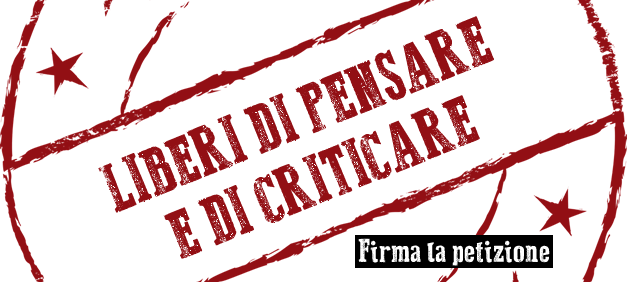
International Gerald Tribune: SPURNED LECTURERS SPARK PROBE BY AUDIT COURT AT VERONA UNIVERSITY
As foreign lecturers who once worked at the University of Verona this week celebrated yet another court victory against their former employer, a damaging Audit Court report suggested the university's legal woes may be part of a much greater problem


SPURNED LECTURERS SPARK PROBE BY AUDIT COURT AT VERONA UNIVERSITY (26/2/00)
As foreign lecturers who once worked at the University of Verona this week celebrated yet another court victory against their former employer, a damaging Audit Court report suggested the university's legal woes may be part of a much greater problem.
Earlier this month, a Bologna court ordered the University of Verona to pay an estimated one billion lire in salary arrears to a group of six lecturers with foreign degrees, referred to as lettori. The university has also been ordered to pick up a 50 million tab for legal expenses incurred as part of its 12-year legal battle against the lettori. This latest court decision is not, in itself, particularly surprising. It simply confirms earlier court verdicts, including that of Italy's highest appeals court, which found that the university's lettori were entitled to the same pay levels as their fellow lecturers with Italian degrees. The verdict concerns only some of the 22 lettori who were sacked by the university 12 years ago, and may not prevent the university from taking further legal action to avoid payment.
What is new in the lettorìs battle is that their legal strategy against the university has sparked a wide-ranging inquiry into the institution's financial management which could yet prove to be a bruising ordeal for Veronàs university.
In 1998, Italian foreign lecturers' association president David Petrie decided to step up pressure on the University of Verona to deal with the lettori's claims. He made a lengthy submission to the Audit Court, in which he alleged a misuse of public funds on the part of the university. Mr. Petrie said the university had ignored a court order to reinstate the sacked lettori, and paid them to stay at home while employing others to do their job. The submission went on to claim that the university's dean at the time, Mario Marigo, had ignored his obligation as a public administrator.
"I suggested that an administrator was not at liberty to spend public funds to employ scab labor," Mr. Petrie told Italy Daily. "I knew that the accusation itself would be no great shock to the system, but I was sure that once the Audit Court started to look, it would find something." Both Mr. Petriès submission and subsequent investigations by Audit Court prosecutor Cristina Astraldi De Zorzi were kept secret, until Verona newspaper "L'Arena" published Ms. Astraldi De Zorzi's damning report this week. The prosecutor recommended that the university's finances be thoroughly examined, and suggested that some accounting irregularities might warrant investigation by criminal prosecutors. She pointed to inconsistencies in the university's income and expenditure records, as well as unusual practices of drawing up contracts.
The plight of the lettori is also mentioned as worthy of further investigation. Mr. Marigo said the allegations were "groundless" and did not rule out legal action on the part of the university to counter the claims. Ms. Astraldi De Zorzi was not available for comment, but sources close to the controversy claim that the magistrate clashed repeatedly with the university's board and was eventually replaced last year. The university's current dean, Elio Mosele, told a local television program this week that Ms Astraldi De Zorzi had resigned voluntarily, but the magistrate is said to have rejected that account of events.
Meanwhile, the six lettori affected by the court decision - who include British writer Tim Parks - were cautious about assessing the impact of the recent court victory. There are currently an estimated 1,000 outstanding cases dealing with alleged employment discrimination against lettori around Italy, involving 20 universities. "They may want to delay the payment further by taking it back to court" Mr. Petrie said, "If that were to happen, we may be forced to request a freezing of the university's assets. If we have to take away the computers on the desks, so be it."
But Mr. Parks, who left the university in 1995, said on Friday that he considered the entire legal procedure "quite senseless". "The only real injustice has been the time it has taken to resolve a fairly simple, largely administrative question," he said. "I wish I had left the university before becoming involved".

